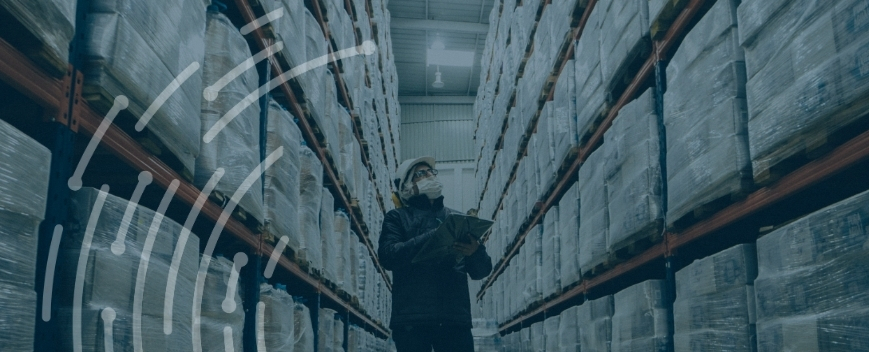Import controls

Access trade, receivables and supply chain finance
We assist companies to access trade and receivables finance through our relationships with 270+ banks, funds and alternative finance houses.
Get startedContents
When it comes to international trade, particularly with foreign traders looking to bring goods into the country, many of the rules and regulations that customs agents enforce are referred to as import controls.
Traditionally, customs agents manned a nation’s borders to generate revenue by collecting duties from businesses bringing goods into the country.
While collecting import and export duties is still one of the functions of customs and border security agencies, in the modern age, they serve a much wider purpose.
They are also a means for a nation to protect citizens by enforcing regulations in a variety of national interests including food safety, biosecurity, immigration, intellectual property, and many other areas.
What are import controls?
Import controls are any restrictions that a nation puts on the goods that are brought within its borders.
These will include regulations governing the preferential rules of origin, recycling of packaging materials, ingredients subject to import controls, and prohibited substances.
Often, the items included on a country’s import control list are intuitive – such as firearms and chemical weapons.
Dangerous goods, like these, as well as certain chemicals and other products that can be used as an ingredient to create other dangerous goods, are usually the first thing that traders and governments think of when they hear about import controls.
However, it is not only dangerous goods that are subject to import controls.
Many food products and other agricultural goods are heavily controlled by importing countries since they have the potential to introduce harmful diseases and pathogens into the country.
When importing many products like these, traders will need to acquire sanitary or phytosanitary certificates.
There are also several other examples of controlled goods that may not make to some traders, especially where cultural differences come into play.
For example, many predominately Muslim nations have strict regulations prohibiting the sale of alcohol. In these markets, even goods such as perfumes and mouthwashes (that often contain alcohol as an ingredient) may be subject to import controls.
Where do I find the import control list?
Most countries have published export and import control lists derived from national legislation that can be found on their respective government websites.
For example, Canada’s Import Control List is a part of the country’s federal Export and Import Permits Act and is available online. The United Arab Emirates lists chemical and non-chemical items restricted for import and export in its own online portal.
While there will be a considerable crossover between the restrictions applied by many countries around the world, it is still important to adequately research the import control lists for your home country or the country that you are planning to conduct business with.
It is possible that your goods are controlled in a specific market and it is always better to be prepared.
If you do find your product on an import control list, don’t panic.
Just because a good is on the list does not necessarily mean that you are prohibited from importing it at all – you may just need to get an import permit.
What is an import permit?
An import permit – referred to as an import license in some countries – is an official authorisation from a country’s government allowing a trader to import up to a certain quantity of a controlled product.
By issuing import permits, countries are able to limit the outflow of foreign currency, better oversee the entry of unsafe items into the country, and guard the domestic economy against foreign competition.
Most countries require prospective importers to apply for import permits from the appropriate governing agency, which can vary based on the product being imported.
For example, in the USA, imports of alcohol must pass through the Alcohol and Tobacco Tax and Trade Bureau while toys for children must go through the US Consumer Product Safety Commission.
Most countries recommend traders work with an approved customs broker to improve their chances of securing an import license.
A benefit to businesses engaged in international trade is that import licensing can also provide security from legal disputes and financial losses.
Typically, import permits and licenses will be issued in accordance with the country’s import quota for that product.
What is an import quota?
An import quota is a legally imposed limit on the quantity of a particular good that can be imported into a country in a given year.
As with export quotas, countries might impose quotas on imported merchandise but there are some that are imposed and enforced internationally.
In general, there are two types of import quotas: absolute quotas and tariff-rate quotas.
With an absolute quota, once a specific quantity of the product has entered a country, no more can be imported that year.
With tariff-rate quotas, a certain amount of the product can be imported at a certain customs duty rate. Additional shipments are not prohibited, as would be the case with an absolute quota, but rather they are just subject to a higher customs duty rate.
- Customs Resources
- All Customs Topics
- Podcasts
- Videos
- Conferences














